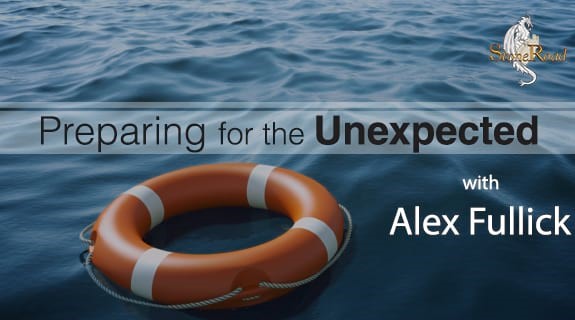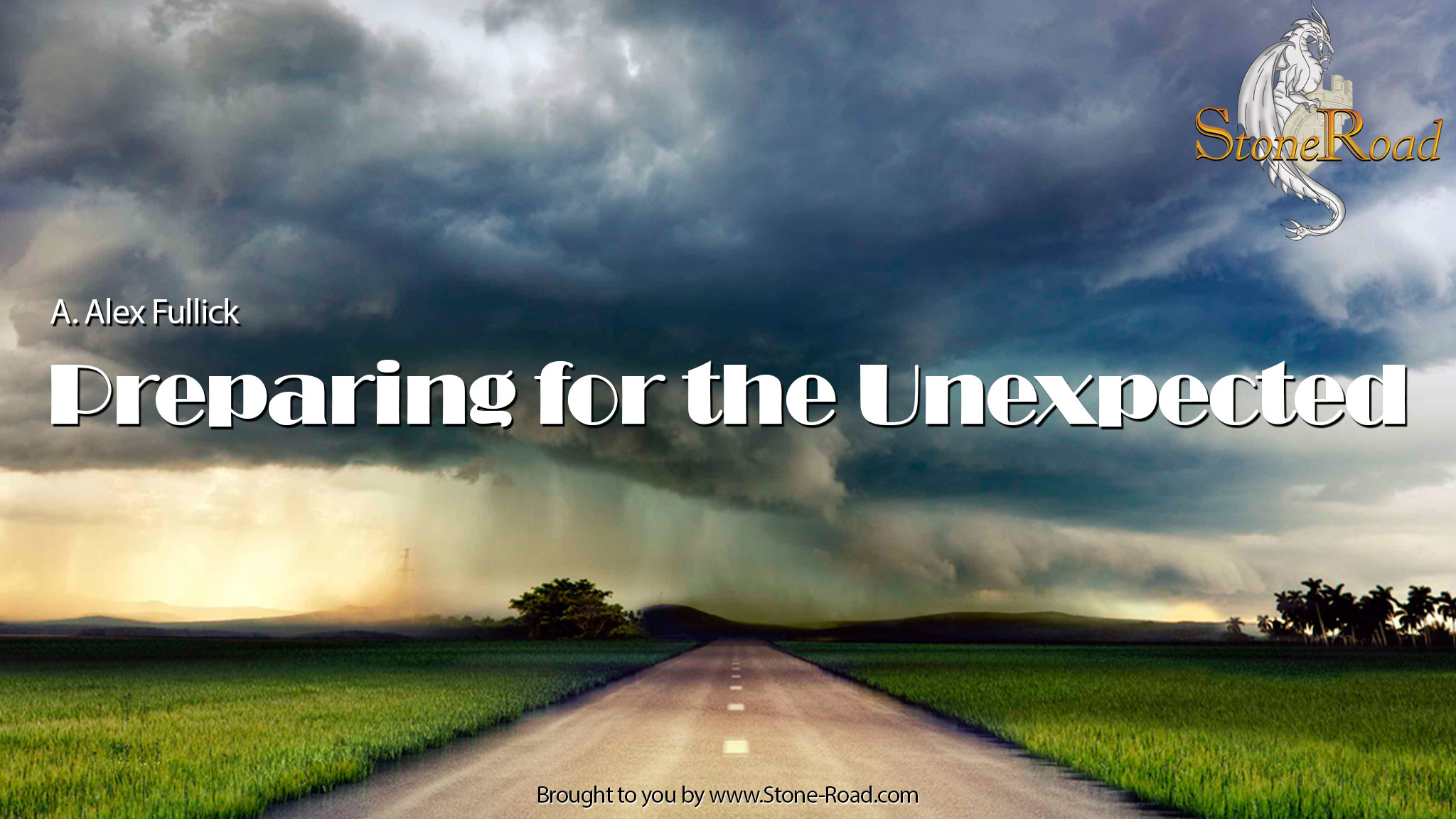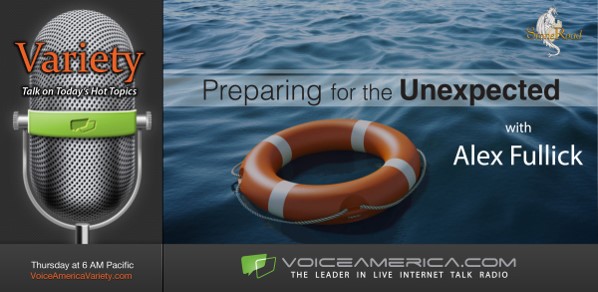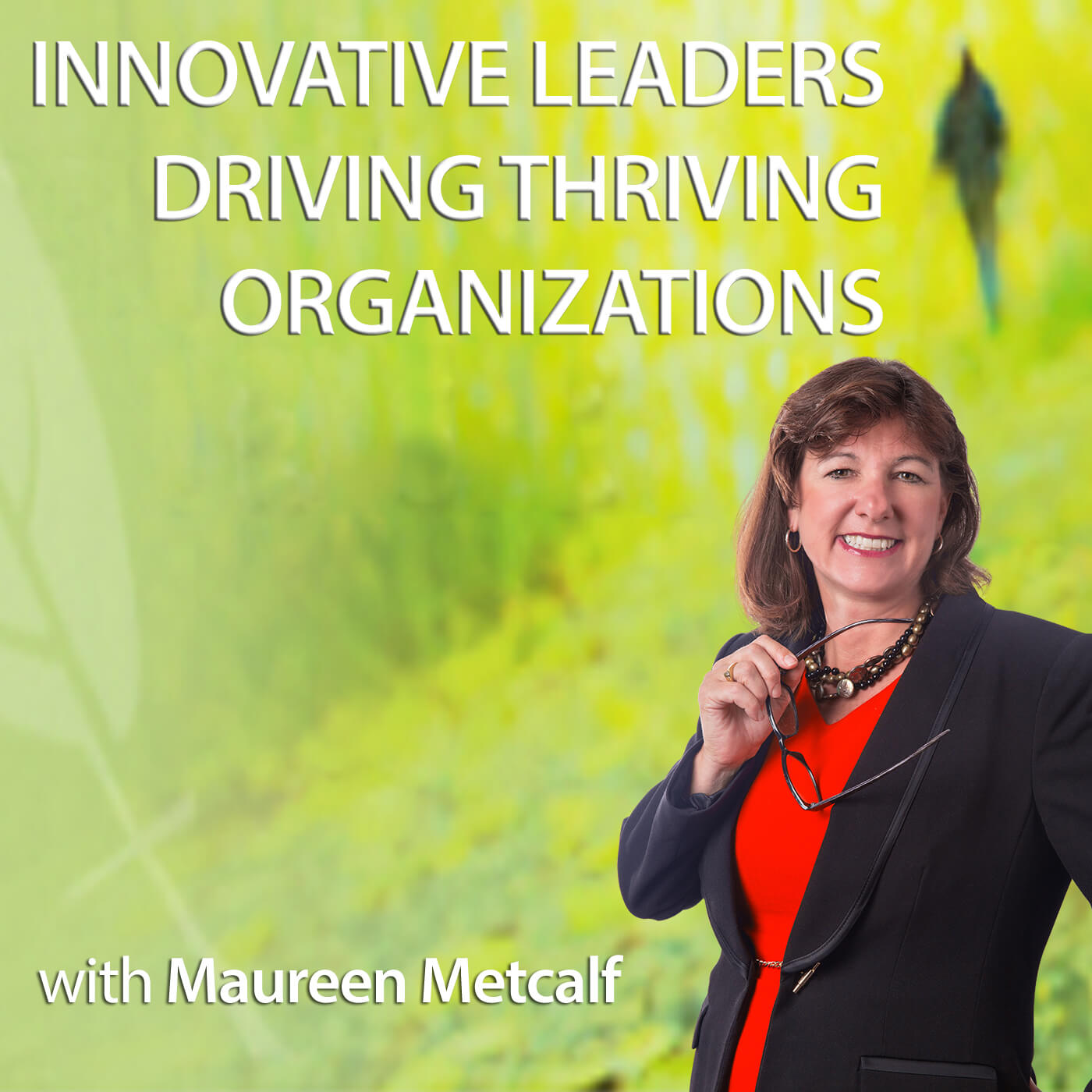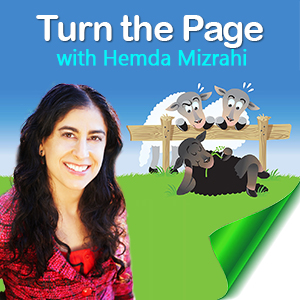Situational Awareness w/ Michael White
Join me Thursday, November 9/23 at 1pm EST on the VoiceAmerica business channel, I’m joined by longtime security & risk management expert, Michael White. Understanding our environments, either in the workplace or out...
Read More
